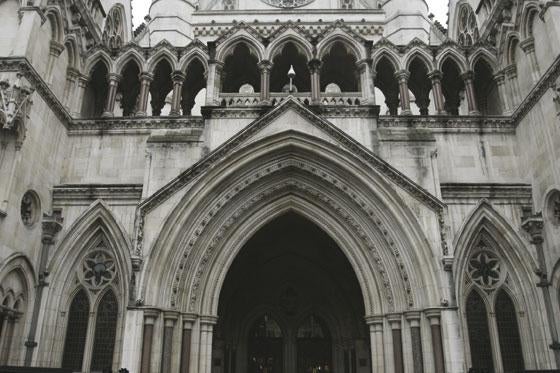
A High Court judge has banned the press from identifying a prisoner who committed three ‘horrific’ murders decades ago.
Mr Justice Silber said the crimes committed by the man, who may only be referred to as M, were in “by far the most serious and sadistic category of murder cases which I have tried or read of”.
But, despite press objections, he ruled the man’s identity should in future remain secret as decisions were made by the Parole Board on whether he was safe to release on licence.
If he is set free, it is likely it will be under a new name.
At his trial for the murders in the early 1970s, the trial judge recommended that M serve at least 20 years before being considered for parole, saying that his crimes were “so appalling” and the risk of repetition “so grave”.
M has served more than 30 years in jail. The court heard his conduct in prison had been “exemplary”.
Mr Justice Silber said M was “outed by the press” when he was seen in public after being put in an open prison and returned to closed conditions “for his own safety”.
M’s lawyers argued at a hearing at the High Court in London that Justice Secretary Jack Straw was now acting unreasonably in failing to return him to open prison conditions.
Mr Justice Silber rejected that argument, saying he had heard evidence from an official acting on behalf of Mr Straw that seeking to obtain M’s motives for the murders was best done in closed conditions.
He said “a second important factor” was that the media coverage and interest in M was “very substantial”.
The risk of media coverage was greater if M was kept in open conditions “because of the general prevalence of mobile phones” and the opportunity to photograph him and pass the material on to the media.
The judge said it was “paradoxical” that M might increase his chance of release by spending more time in closed conditions.
The Justice Secretary had “substantial duties to ensure the safety of the public”, he said, adding that he hoped that “steps are taken speedily to ensure that all the measures required by the Parole Board as preconditions for the claimant’s release are completed speedily”.
He called for a realistic timetable to be prepared “for the further work which needs to be done before a decision can be made as to when the claimant can be moved to open conditions”.
The judge ruled that M was entitled to anonymity, despite press arguments that it was in the public interest that he should be identified, given the gravity of his crimes.
He also restricted what could be revealed about M’s offences and his current location.
It is understood that some newspapers are considering launching a legal challenge to the anonymity order.
Email pged@pressgazette.co.uk to point out mistakes, provide story tips or send in a letter for publication on our "Letters Page" blog
